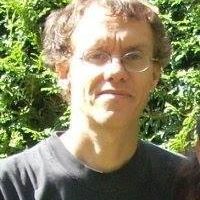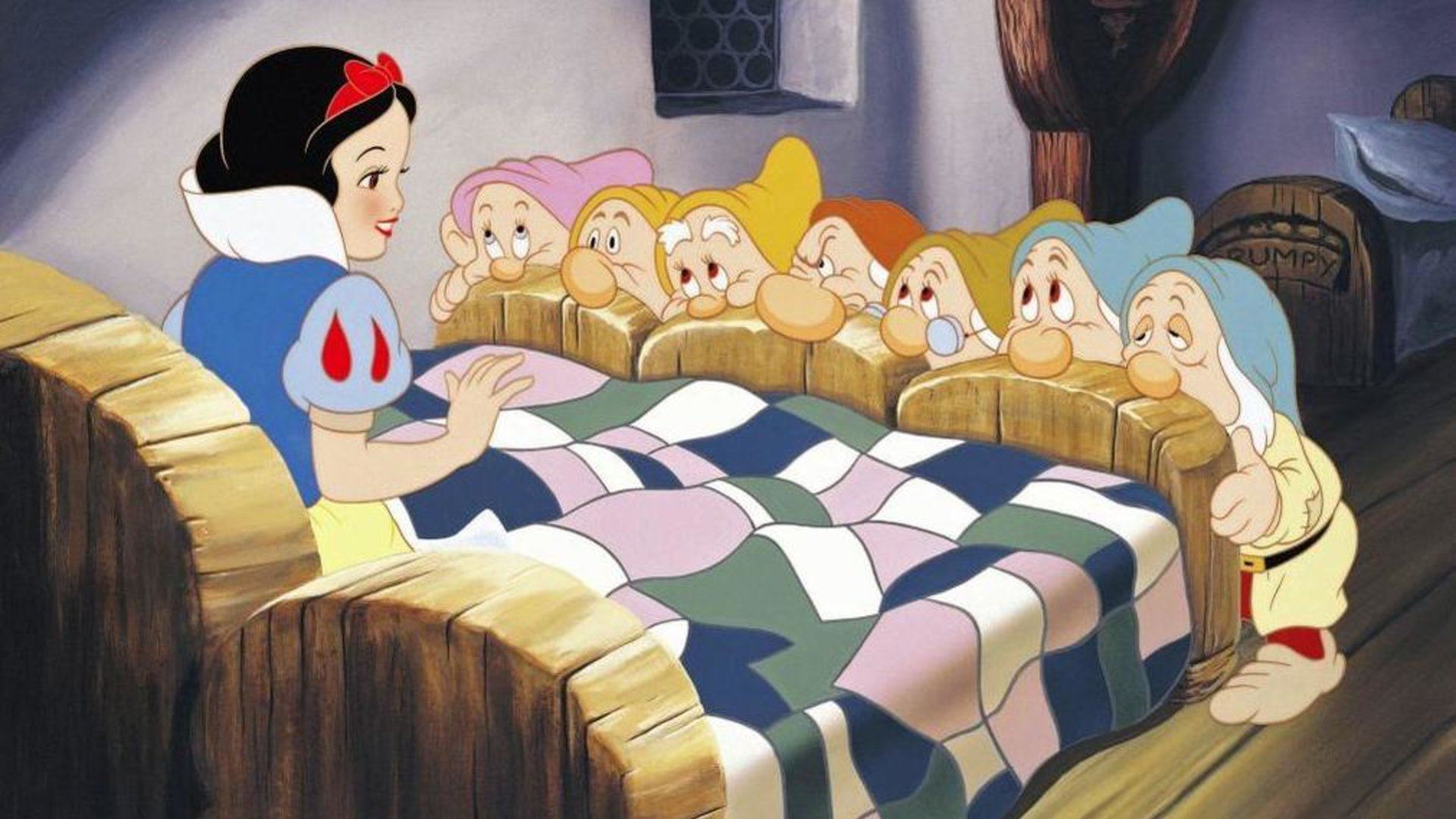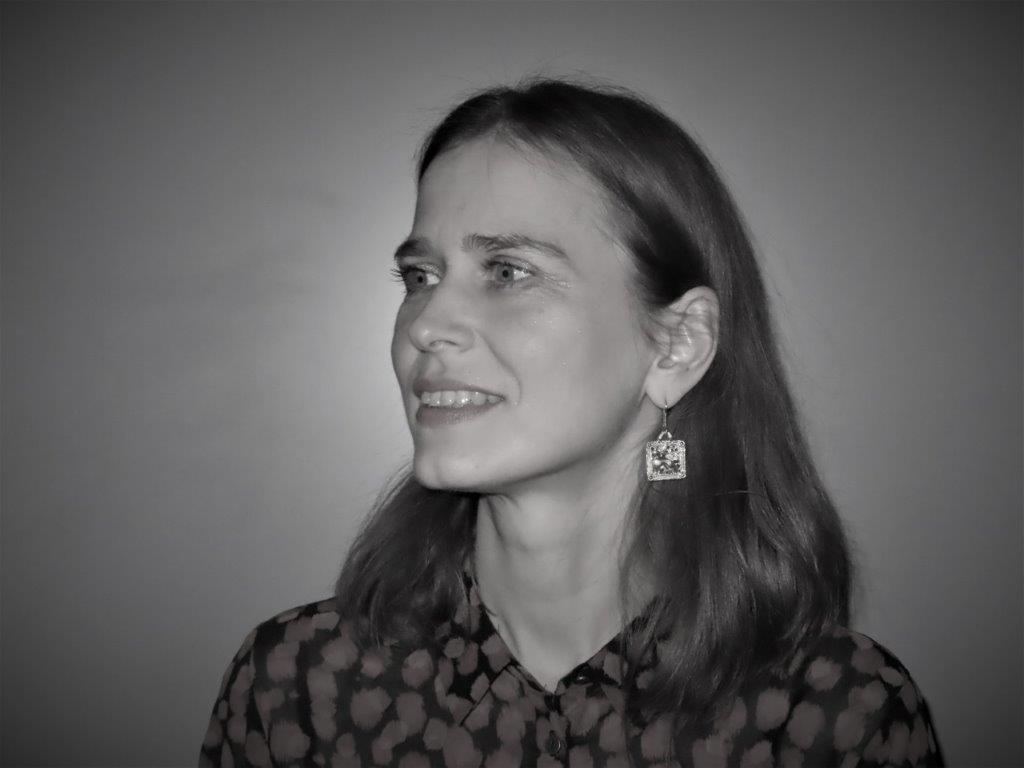About
I grew up in Beethoven’s home town, Bonn in Germany, and had piano lessons for most of my school time. As a teenager, I used to compose a bit, mainly in a Beethoven-like style, and when I attended a conservatory in Cologne starting at age about 13, I also took some composition classes there, but as the teacher seemed to have as his main goal to get me towards his own preferred style (12-tone), it was not a big success, and I gradually dropped composing altogether.
I had never planned a musical career anyway, but rather studied mathematics (which had been always my favorite discipline), married in France and worked firstly as a mathematician, then several years in Senegal in linguistic research and Bible translation. I rediscovered composing only in 2017, and since then I am at almost 170 finished piano pieces in different styles, often more or less romantic with influences of Brahms, Débussy, Albéniz or Fauré, but sometimes also in a somewhat jazzy style. 120 of them are already on my Youtube channel, with more to come.


